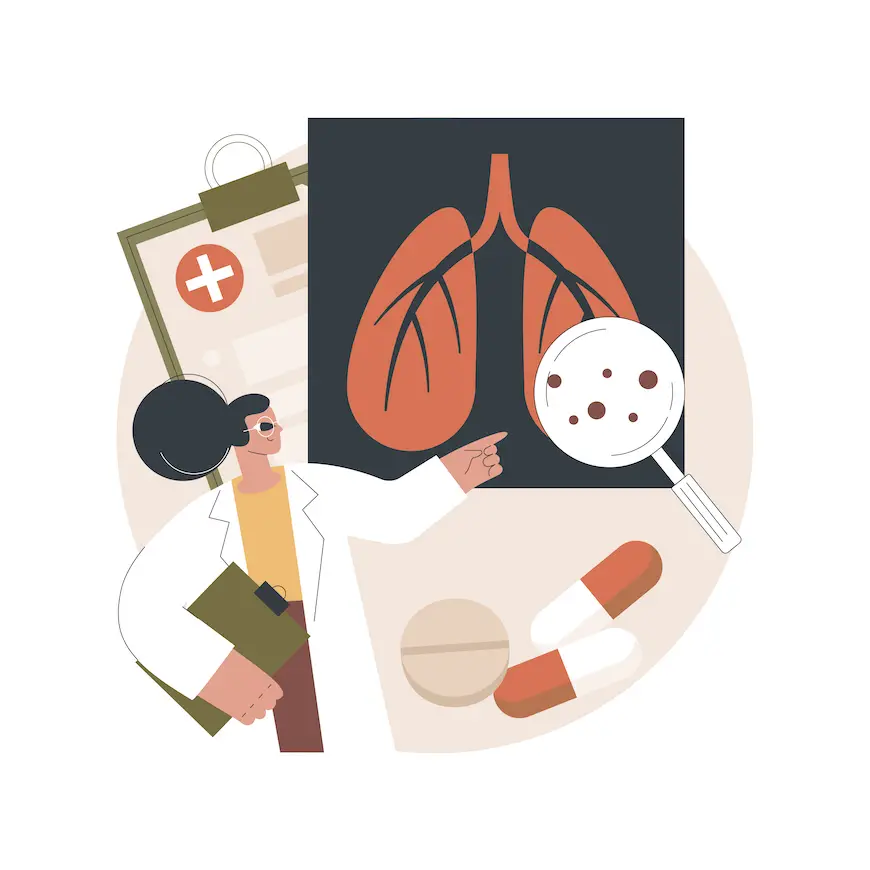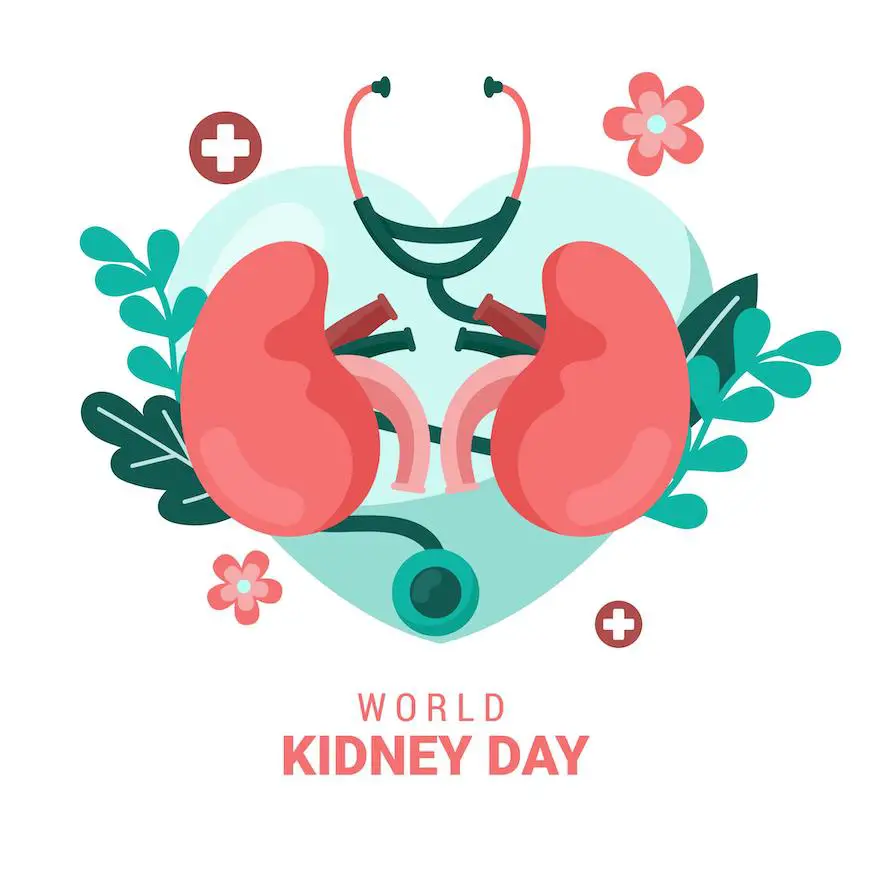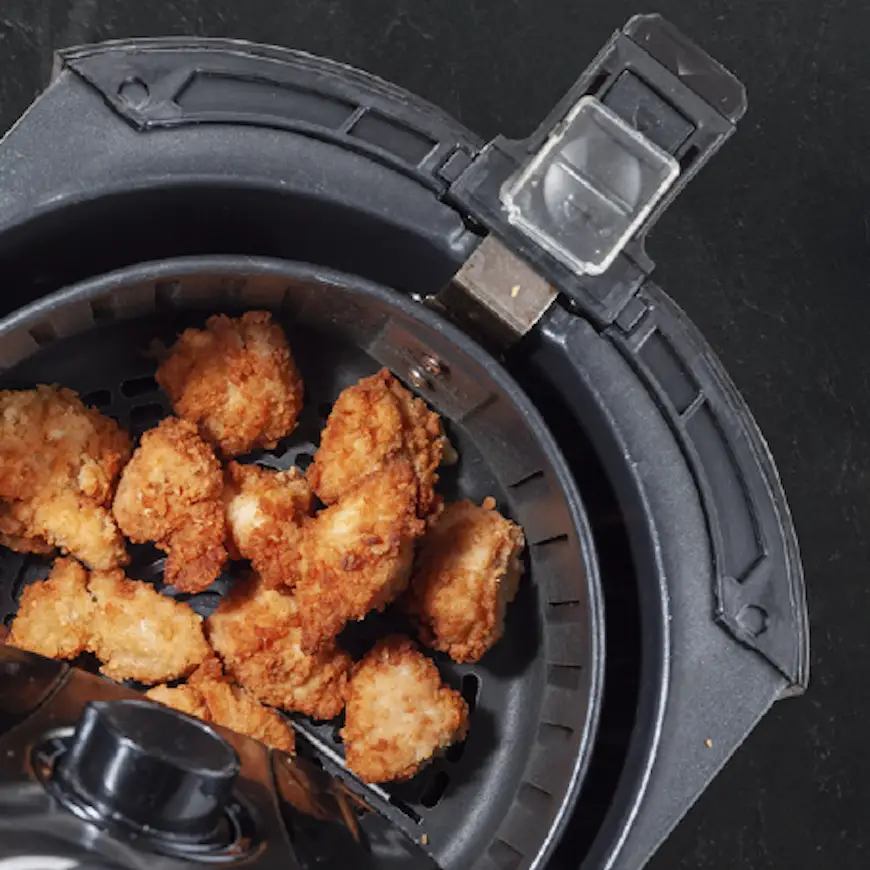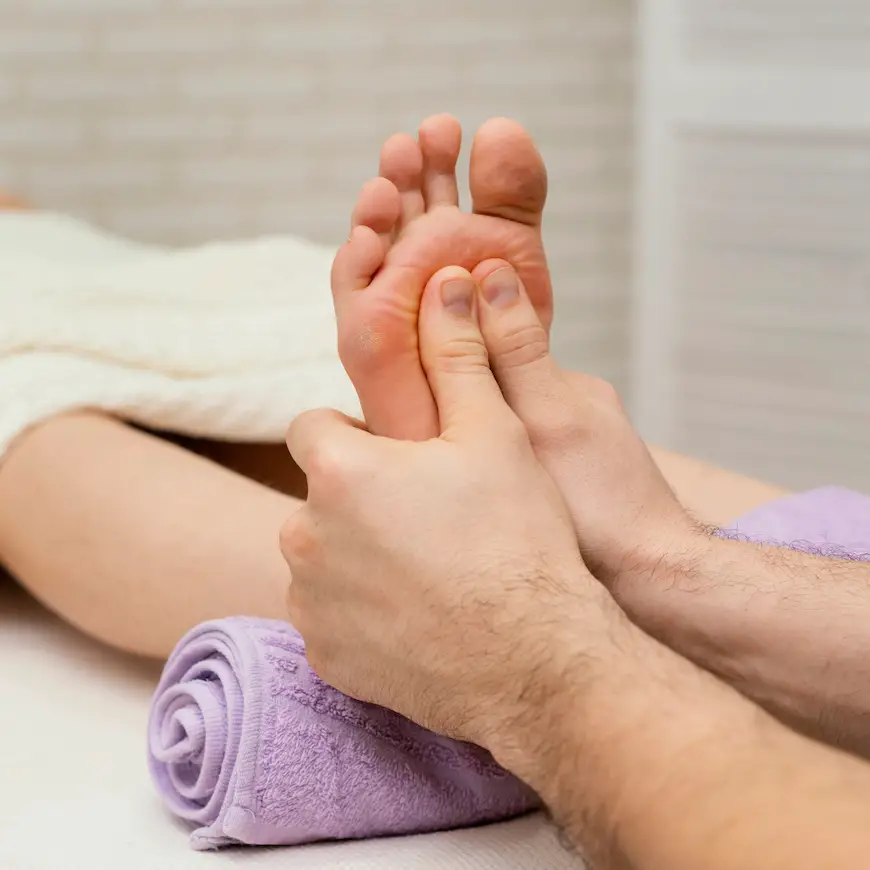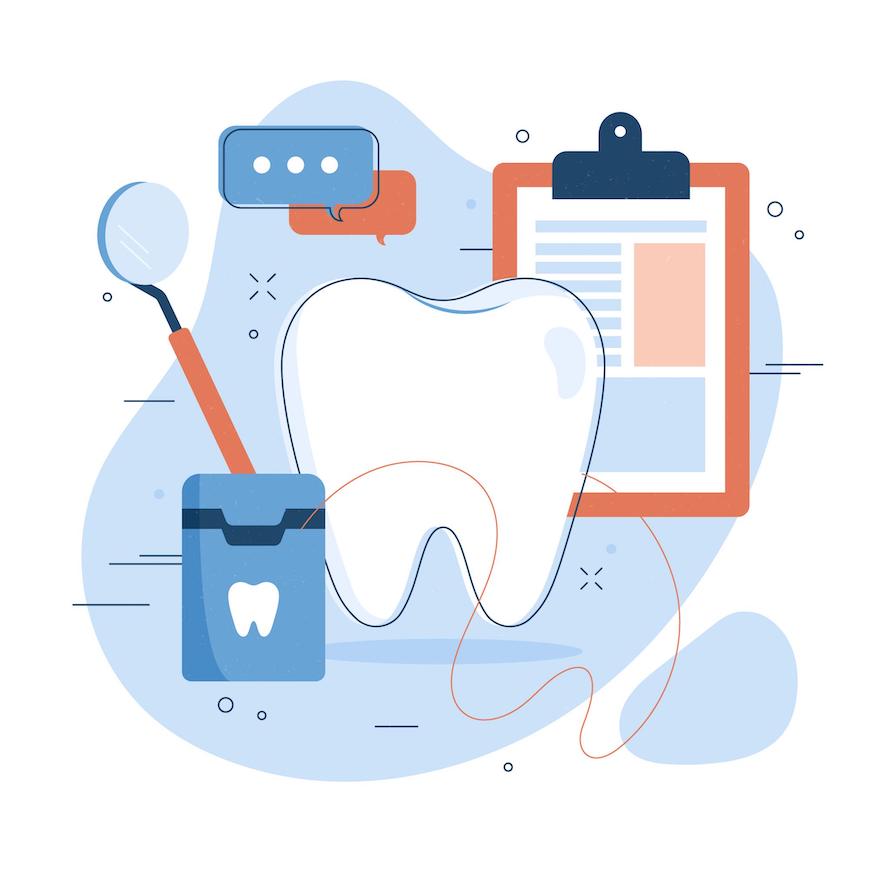Chronic Kidney Disease (CKD) is a silent yet serious health condition that affects millions of people worldwide. Your kidneys play a vital role in filtering waste and excess fluids from your blood. When they stop functioning properly, toxins build up in your body, leading to severe health complications. Early detection and proper management can slow down the disease’s progression and improve quality of life. In this guide, we’ll discuss the causes, symptoms, treatment options, and preventive measures for Chronic Kidney Disease, including some helpful treatment options available on Amazon.
What is Chronic Kidney Disease?
Chronic Kidney Disease, commonly known as CKD, is a long-term condition where the kidneys gradually lose their ability to function properly. Unlike acute kidney failure, which happens suddenly, CKD develops over time and often goes unnoticed in its early stages. The disease is classified into five stages, with Stage 1 being mild and Stage 5 indicating kidney failure, requiring dialysis or a kidney transplant.
Common Causes of CKD
Several factors contribute to the development of CKD. Here are some of the most common causes:
1. Diabetes: The Leading Cause of CKD
Why it matters: High blood sugar damages blood vessels in the kidneys, impairing their ability to filter waste. Nearly 1 in 3 adults with diabetes has Chronic Kidney Disease, according to the CDC.
What you can do:
- Monitor blood sugar with devices like the FreeStyle Libre Glucose Monitor (Amazon link), which provides real-time tracking without finger pricks.
2. High Blood Pressure: A Silent Kidney Killer
Why it matters: Uncontrolled hypertension strains blood vessels in the kidneys, reducing their efficiency over time. The American Heart Association notes that hypertension is the second-leading cause of kidney failure.
What you can do:
- Invest in a reliable Omron 7-Series Blood Pressure Monitor (Amazon link) for daily checks.
3. Glomerulonephritis: Inflammation of Kidney Filters
Why it matters: This condition inflames the glomeruli (tiny filters in the kidneys) and can result from infections, autoimmune diseases, or unknown causes. The National Kidney Foundation explains it’s a leading cause of Chronic Kidney Disease in young adults.
What you can do:
- Work with a nephrologist to manage autoimmune triggers.
4. Polycystic Kidney Disease (PKD): A Genetic Threat
Why it matters: PKD causes fluid-filled cysts to grow on the kidneys, often leading to kidney failure. It’s inherited, so family history matters. The PKD Foundation offers resources for genetic testing and support.
What you can do:
- Stay proactive with regular imaging tests (e.g., ultrasounds).
- Manage pain and blood pressure with guided tools like Heating Pad for Back Pain (Amazon link).
5. Long-Term Use of NSAIDs: Pain Relievers with a Cost
Why it matters: Overusing ibuprofen or naproxen can reduce blood flow to the kidneys. The Cleveland Clinic warns against daily NSAID use for those at risk of Chronic Kidney Disease.
What you can do:
- Switch to kidney-friendly pain relief like Tylenol (Acetaminophen) (Amazon link).
6. Chronic Urinary Tract Obstructions
Why it matters: Kidney stones, enlarged prostates, or tumors can block urine flow, causing pressure buildup and kidney damage. The Urology Care Foundation highlights this as a reversible cause if caught early.
What you can do:
- Stay hydrated with a Brita Water Filter Pitcher (Amazon link) to reduce stone risk.
7. Recurrent Kidney Infections (Pyelonephritis)
Why it matters: Untreated UTIs can spread to the kidneys, causing scarring. The Mayo Clinic notes repeated infections raise CKD risk.
What you can do:
- Strengthen immunity with Renadyl Probiotic for Kidney Health (Amazon link).
8. Autoimmune Diseases (Like Lupus)
Why it matters: Lupus nephritis, an autoimmune attack on the kidneys, affects up to 60% of lupus patients, per the Lupus Foundation of America.
What you can do:
- Manage stress with a Therabody RecoveryTherm Hot/Cold Therapy Wrap (Amazon link).
9. Obesity: A Growing Risk Factor
Why it matters: Excess weight strains kidneys by increasing blood pressure and diabetes risk. The National Institute of Diabetes and Digestive and Kidney Diseases links obesity to CKD progression.
What you can do:
- Track weight loss with a Fitbit Aria Air Smart Scale (Amazon link).
10. Smoking and Alcohol: Lifestyle Choices with Consequences
Why it matters: Smoking narrows kidney blood vessels, while heavy alcohol use dehydrates and spikes blood pressure. The National Kidney Foundation confirms smoking doubles CKD risk.
What you can do:
-
- Quit smoking with Nicorette Gum (Amazon link).
Signs and Symptoms of CKD
Chronic Kidney Disease is often called a “silent disease” because symptoms may not appear until significant kidney damage has occurred. However, some warning signs include:
- Fatigue and weakness
- Frequent urination, especially at night
- Blood in urine or foamy urine
- High blood pressure that is difficult to control
- Muscle cramps
- Difficulty concentrating or brain fog
Diagnosis and Tests for CKD
Doctors use various tests to diagnose CKD and determine its severity:
- Blood Tests – Measures creatinine levels and estimates the glomerular filtration rate (eGFR), which indicates how well your kidneys are functioning.
- Urine Tests – Checks for protein (albumin) in the urine, which is an early sign of kidney damage.
- Imaging Tests – Ultrasounds or CT scans help detect abnormalities in kidney size or structure.
- Kidney Biopsy – In some cases, a small tissue sample is taken for further analysis.
Treatment and Management of CKD
While CKD has no cure, managing the disease can slow its progression and improve quality of life.
1. Medications
-
Blood Pressure Medications – ACE inhibitors and ARBs (angiotensin II receptor blockers) are commonly prescribed to help lower blood pressure and protect kidney function by reducing strain on the blood vessels. These medications can slow the progression of CKD and prevent further kidney damage.
-
Diuretics (Water Pills) – These medications help the kidneys remove excess fluid and salt from the body, reducing swelling (edema) in the legs, ankles, and other areas. They also help control blood pressure, which is essential for slowing CKD progression.
- Erythropoietin-Stimulating Agents – Helps treat anemia by increasing red blood cell production.
- Phosphate Binders – Reduce phosphorus levels to protect bones.
2. Dialysis and Kidney Transplant
- Dialysis – When kidney function drops below 10-15%, dialysis is needed to remove toxins and excess fluid.
- Kidney Transplant – For eligible patients, a kidney transplant is a long-term solution, but it requires finding a compatible donor.
Diet and Nutrition Tips for CKD
Proper diet plays a crucial role in managing CKD. Here are some dietary tips:
Foods to Eat:
- Low-sodium foods (fresh fruits, vegetables, and lean proteins)
- Foods high in healthy fats (olive oil, avocado, nuts)
- Moderate amounts of protein (chicken, eggs, fish)
- Kidney-friendly fruits like apples, berries, and grapes
Foods to Avoid:
- High-sodium foods (processed snacks, canned foods, fast food)
- High-potassium foods (bananas, oranges, potatoes, tomatoes)
- Foods high in phosphorus (dairy, beans, nuts, cola drinks)
Preventing CKD and Protecting Kidney Health
Taking proactive steps can help prevent Chronic Kidney Disease or slow its progression:
- Monitor Blood Pressure and Blood Sugar – Keep them under control to reduce kidney strain.
- Stay Hydrated – Drink adequate water but consult a doctor on fluid restrictions if needed.
- Limit Alcohol and Quit Smoking – These habits can worsen kidney damage.
- Exercise Regularly – Moderate exercise helps maintain overall health.
- Avoid Overusing NSAIDs – Reduce intake of painkillers like ibuprofen and naproxen.
Conclusion
Chronic Kidney Disease is a serious condition, but with early detection, lifestyle changes, and proper treatment, you can manage it effectively. If you suspect any kidney issues, consult a doctor immediately. By maintaining a kidney-friendly diet, managing underlying conditions, and using supportive treatments, you can protect your kidney health and improve your overall well-being.
Read also: 6 Kidney Problems Signs: Signs That Your Kidneys Aren’t Working Properly



